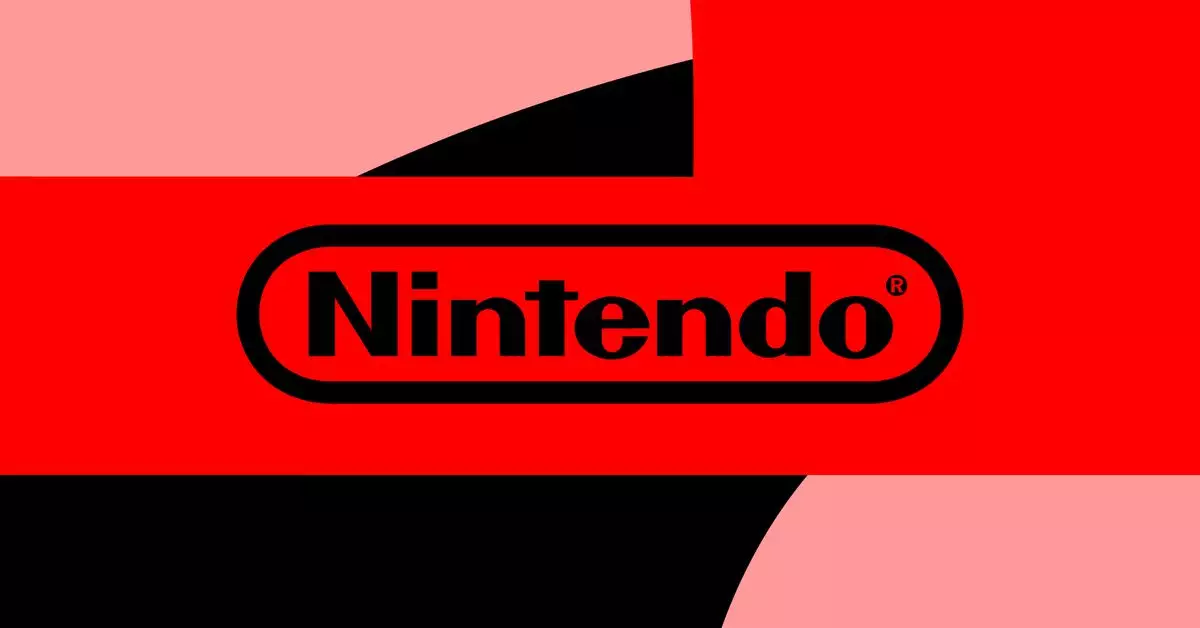Nintendo, a longstanding pillar of the gaming industry, is at a pivotal moment as speculation around its next console—the successor to the highly successful Nintendo Switch—intensifies. Although an official announcement has yet to be made regarding the full features of this anticipated device, preliminary details have sparked both excitement and concerns within the gaming community. The ability to play existing Switch games and maintain continuity with Nintendo Switch Online services signals a strategic approach that blends innovation with a commitment to legacy.
Current Performance Metrics: A Shift in Sales Dynamics
The recent fiscal briefing highlighted a notable decrease in Switch sales, with 4.72 million units sold in the last three months—a 31 percent decline compared to the prior year. Yet, despite this downturn, the total sales of 146 million units mark an extraordinary feat within the gaming landscape. Coupled with an impressive software sales record, reaching 1.3 billion units, Nintendo demonstrates remarkable staying power, even as the market evolves.
While it’s not uncommon for console sales to fluctuate, this significant drop raises questions about consumer engagement and market saturation. Furthermore, a decline in the number of Nintendo Switch Online subscribers to approximately 34 million also points to shifting dynamics in how people are interacting with Nintendo’s ecosystem. Conversely, the increasing interest in the higher-tier Expansion Pack subscription illustrates that while some areas may see a decline, other components of Nintendo’s offerings continue to resonate with gamers willing to invest more for an enriched experience.
The topic of backward compatibility has been a recurring debate among all major console makers, including Nintendo. The Switch’s inability to support games from its predecessors like the Wii U due to the transition from discs to cartridges highlights a gap in user expectations versus reality. Currently, Nintendo’s strategy involves enticing users with remastered titles and an expanding library through its online services. However, this limited capacity leaves many legacy titles outdated and inaccessible to new players, and increasingly, the gaming community is questioning the company’s commitment to preservation.
While other consoles like the Xbox Series X and PlayStation 5 have invested heavily in backward compatibility, allowing players access to a broader range of titles, Nintendo’s approach appears less favorable. This raises implications not only for consumer satisfaction but also for the preservation of gaming history. With a staggering 87 percent of games released before 2010 deemed “critically endangered” according to the Video Game History Foundation, the historical record of gaming is at risk, and more efforts are needed to protect it.
As the gaming community anticipates a reveal for the Switch’s successor by the end of the fiscal year in March 2025, expectations are at an all-time high. The prospect of a device that fully integrates previous software while enabling new experiences is tantalizing. However, Nintendo must carefully balance the innovative capabilities of its next-gen console with the rich legacy that has formed its identity.
The challenge ahead is not merely technological but deeply cultural. Nintendo has built a dedicated fanbase rooted in nostalgia, and abandoning the past could undermine the authenticity that players cherish. As seen with other platforms, a well-executed backward compatibility strategy can enhance user engagement and prolong the life of beloved titles.
In a landscape where competition among gaming consoles is fierce, Nintendo’s ability to preserve its legacy while pushing boundaries of technology will determine its future success. The forthcoming console must not only cater to existing Switch players but also honor the history of gaming—a delicate task requiring thoughtful consideration of both fans and the gaming heritage. As anticipation builds for the new console, one thing remains clear: the intersection of innovation and tradition will define the next chapter of Nintendo’s storied journey.


Leave a Reply